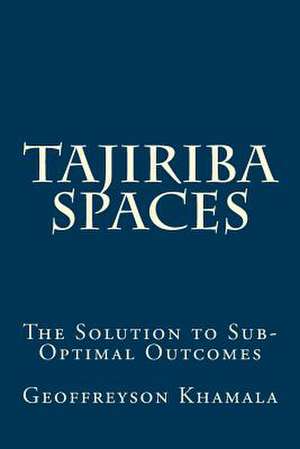Tajiriba Spaces
Autor Geoffreyson Khamalaen Limba Engleză Paperback
Preț: 59.08 lei
Nou
Puncte Express: 89
Preț estimativ în valută:
11.31€ • 12.29$ • 9.51£
11.31€ • 12.29$ • 9.51£
Carte disponibilă
Livrare economică 31 martie-14 aprilie
Preluare comenzi: 021 569.72.76
Specificații
ISBN-13: 9781508683292
ISBN-10: 1508683298
Pagini: 134
Dimensiuni: 152 x 229 x 7 mm
Greutate: 0.19 kg
Editura: CREATESPACE
ISBN-10: 1508683298
Pagini: 134
Dimensiuni: 152 x 229 x 7 mm
Greutate: 0.19 kg
Editura: CREATESPACE
